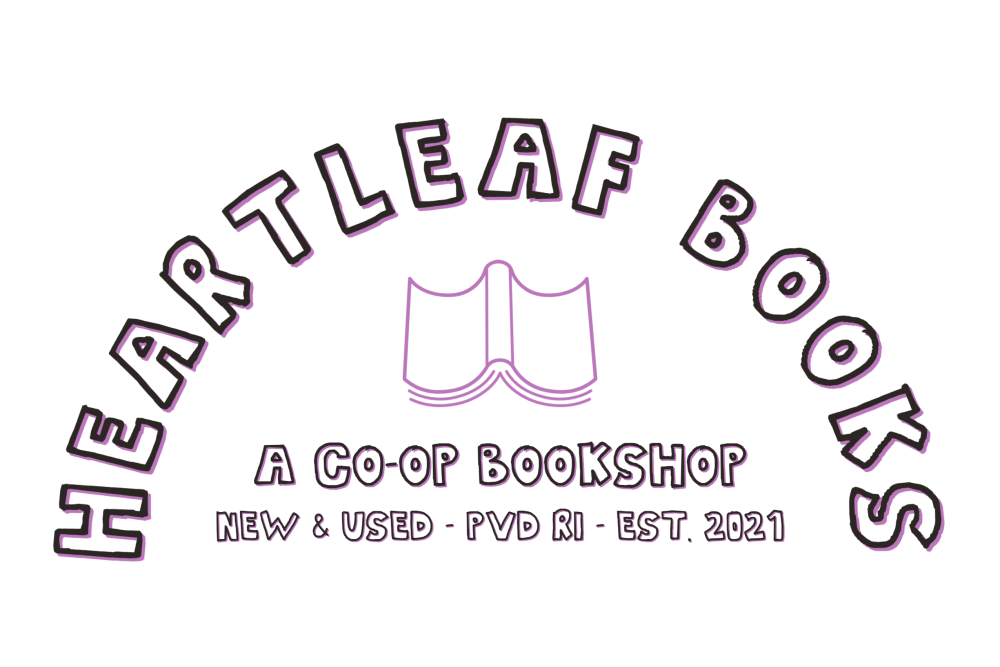
The Listening Chamber: Poems
Description
Winner of the seventh annual Arkansas Poetry Award, William Aberg presents in The Listening Chamber a gallery of poetic forms, from short free-verse lyrics and crafted prose poems to original forms skillfully matched with their subjects. He writes comfortably of cats or derringers, the idylls of childhood, or of patients in mental hospitals. Throughout his poetry there runs a proletarian strain of dissatisfaction, an unrest coupled with dexterous wit and a remarkable sense of wonder. Convincingly, he populates these poems with farm workers, romantics, fugitives, lovers, beeches, elms, and constellations. With influences as wide ranging as William Stafford, Miklos Radnoti, and René Magritte, Aberg has fashioned a first collection in which every poem is a unique and haunting experience.
Praise for The Listening Chamber: Poems
"Few contemporary poets can manipulate light with the care and effectiveness of this one. These poems glow from within, although that light often comes from a tiny flicker or a drug-induced warmth. His surfaces come to life with texture and color from the play of light upon them, and the dreadful becomes even more dreadful in such a rich, luminous world." —Richard Shelton
“As fully as Baudelaire’s extraordinary book, and for some of the same good reasons, William Aberg’s collection, The Listening Chamber, might properly and honorably be titled Les Fleus du Mal. These poems are the product of intolerably agony, misfortune, and despair, miraculously redeemed by eloquent conversion into acts of art. This book is frightening, forbidding, and inspiring.”
—Anthony Hecht




























